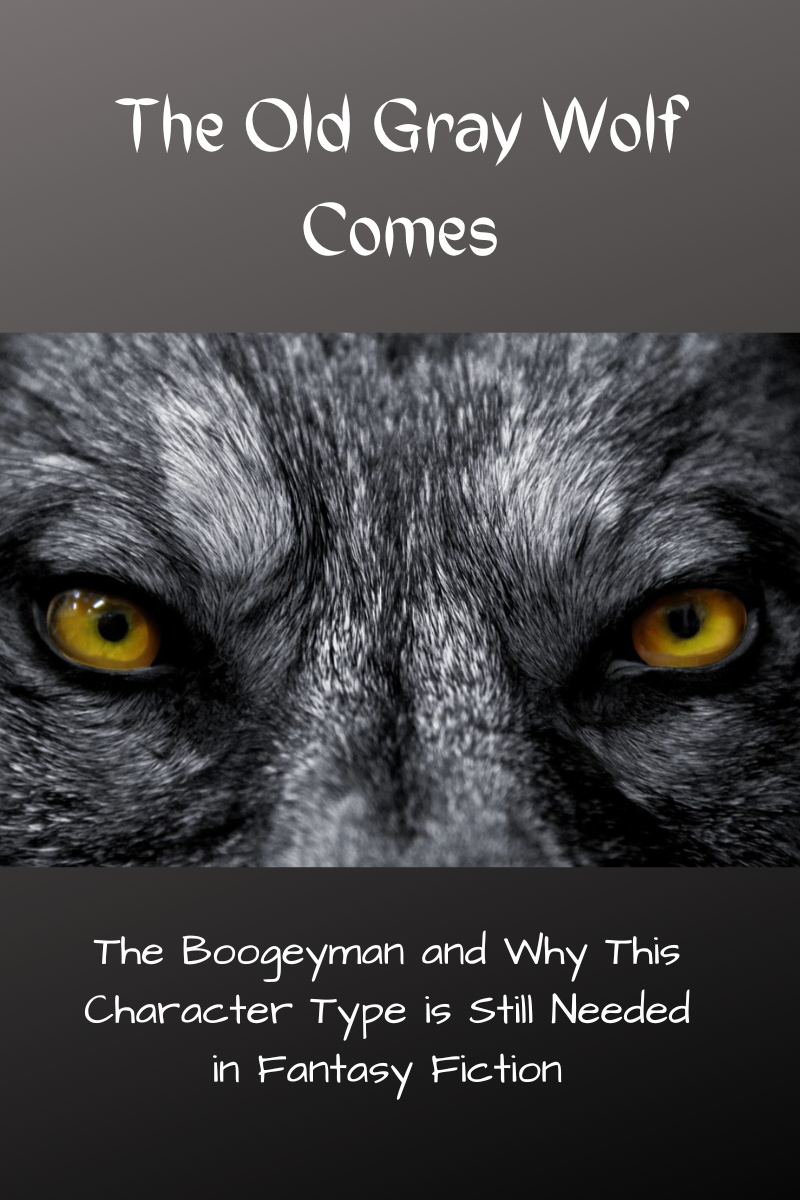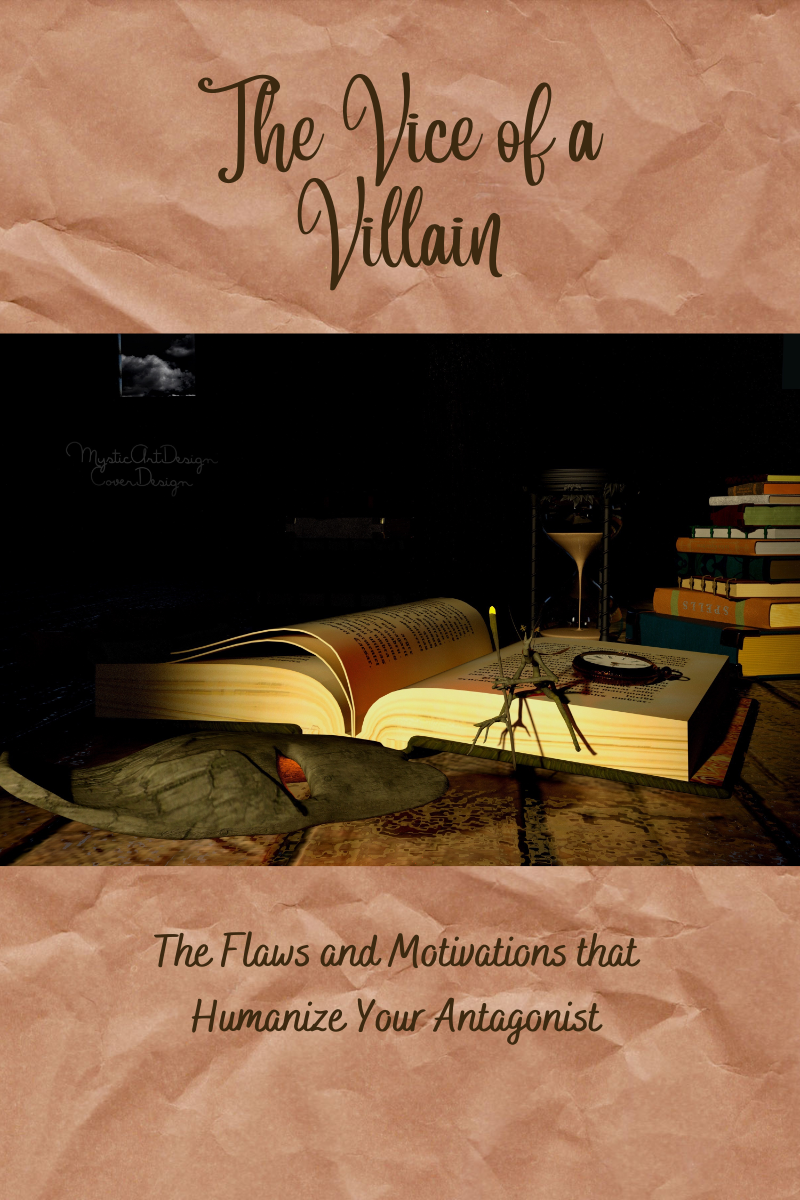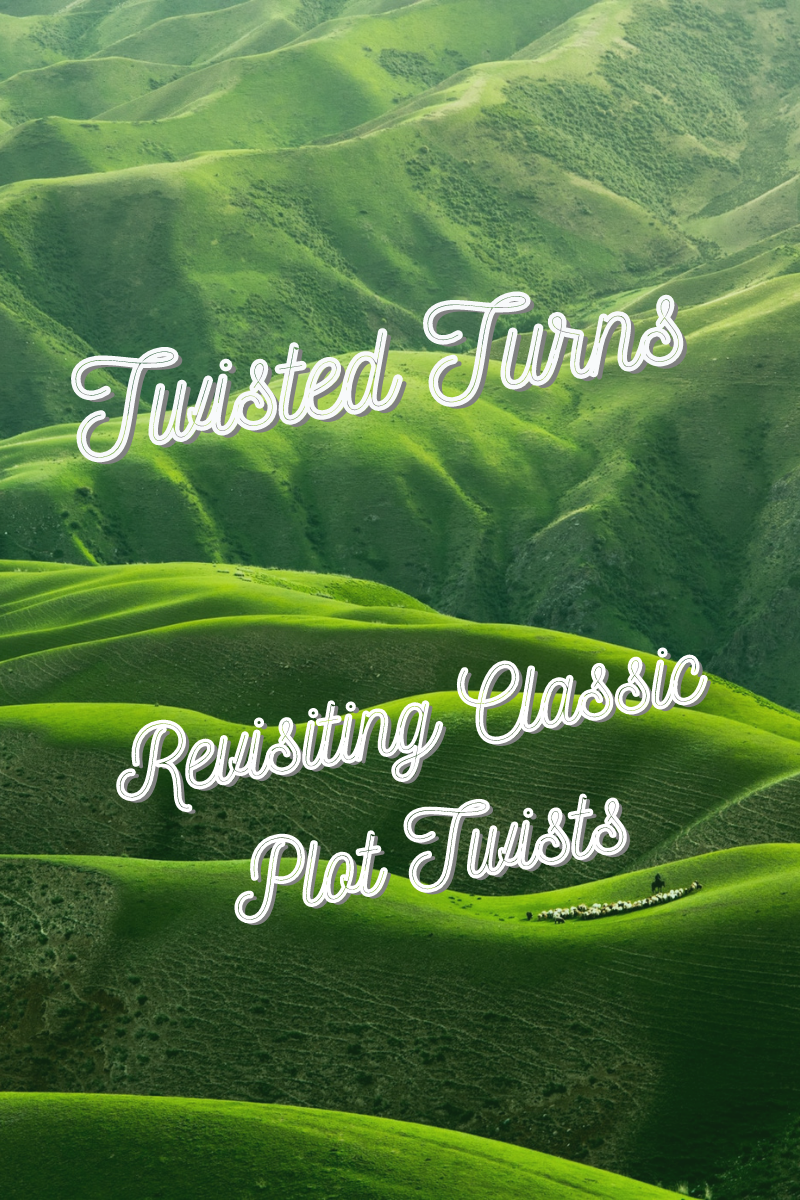
THE WRITER’S DEN

Fantasy Fiction 101: Creatures of Myth and Legend
The “Fantasy Fiction 101” series began by asking the basic question “What is fantasy fiction?” and continued with the slightly more complicated question “Why write fantasy fiction?” This post will address the role of mythical beasts and fantastical creatures in fantasy fiction, then it will cover the two primary options for incorporating mythical and fantastical creatures in your work: designing original mythical creatures from scratch or using creatures of myth and legend from around the world to populate your fantastical realm. At the end of the post, you’ll find additional resources for tips and tricks on how to create these incredible beasts, beings, and creatures to their greatest potential.

Fantasy Fiction 101: Choosing a Style to Build Your Fantasy World
The “Fantasy Fiction 101” series began by asking the basic question “What is fantasy fiction?” and continued with the slightly more complicated question “Why write fantasy fiction?” This post will serve as a broad introduction to worldbuilding. Specifically, we’ll define hard worldbuilding and soft worldbuilding, then we’ll review the main elements of each style, address their differences, and discuss which style might work best for your story.

Fantasy Fiction 101: Casting Your Characters
The “Fantasy Fiction 101” series began by asking the basic question “What is fantasy fiction?” and continued with the slightly more complicated question “Why write fantasy fiction?” This post will address casting the characters for your fantasy fiction novel, but rather than focus on the technical process of how you create a character, this post will focus on the different character archetypes found in fantasy fiction and the general purpose they serve for your story. For purposes of this post, C.J. Solomon’s Writing Fantasy: The Ultimate Guide and Complete Reference Book will be used for reference material. Each character archetype section includes character examples from various works of fantasy fiction.

Fantasy Fiction 101: Beginning at the Beginning
The “Fantasy Fiction 101” series began by asking the basic question “What is fantasy fiction?” and continued with the slightly more complicated question “Why write fantasy fiction?” For the third installment in this series, we’re going to focus on the very beginning of the process. In the spirit of keeping this calm and anxiety-free, we’ll approach the early stages of writing in the way you would plan for a road trip or vacation by focusing on two key elements: how to plot the course and how to respond to the obstacles you’ll face along the way. At the end of the post, you’ll find a packing list of specific tools and resources, along with some additional reading materials.

Fantasy Fiction 101: Why Write Fantasy Fiction?
Fantasy fiction is the ultimate “What if?” This is the genre that brings dragons to life, fills forests with fairies and ancient guardians, and creates worlds where magic flourishes and fantastical, mythical creatures occupy the same earth as you or I. But while you might enjoy reading fantasy fiction for hours on end, you still find yourself asking whether or not this is the genre for you to play in as an author. This post will focus on the ins and outs of playing in the fantasy sandbox as an author. We’ll look at the general appeal of writing fantasy fiction, some of the most prominent challenges you’ll face as a new fantasy author, and finish with some helpful tips and tricks from the masters and mistresses of the fantasy fiction realm.

Fantasy Fiction 101: What is Fantasy Fiction?
The “Fantasy Fiction 101” series is an introduction to the fantasy genre for any authors who are interested in adding their own magic touch to this realm of endless imaginative possibilities. The series will cover the bones of fantasy fiction, from introducing the most popular subgenres to filling fantastical worlds with magic, mystery, and creatures of myth and legend. This first segment in the series, “What is Fantasy Fiction?”, will introduce fantasy fiction as a whole and cover the basics of its most popular subgenres.

Once Upon a Dream: Romance Tropes for Fantasy Fiction
It might be argued that fairytales are the original fantasy fiction tales, and what could be more of a classic element to the fairytale than a love story? Of course, as times have changed, so our view of romance, and our use of romantic tropes, has changed. In honor of the month of love, this blog will give a brief overview of five romance tropes for authors to use in their next fantasy fiction tale.

To Plot, or Not to Plot: Perks and Points of the Outline
The outline: some fantasy fiction authors swear by it, others want nothing to do with it, and others still refer to the outline as a guideline. So then, are the options for plotting your novel limited to plotting or pantsing, or can you do both? The She-Wolf of Editing poses that you can do both - sort of. Read on for three quick tips on the perks of outlining and some key things to keep in mind along the way!

A Fettered Friendship: How a Plea from the Past Secured a Redemption for the Future
A Christmas Carol is a staple of the Christmas season. The tale of Ebenezer Scrooge has been told and retold countless times, and everyone has their favorite version of this little yuletide ghost story. Yet, while A Christmas Carol most certainly is a ghost story, I would humbly pose the argument that it is the story of a ghost - one in particular who sought a chance to secure redemption not for himself, but for his friend and partner. Read on for a quiet fireside discussion of the relationship between Scrooge and Marley and how a procuring of hope secured redemption for the future.

Returning to Once Upon a Time: The Importance of Letting Yourself Believe in Happily Ever After
Why should we still read and write fairytales? To learn simple lessons? To get a refresher course in how to be kind, how to be clever and resourceful, and how to keep our vanity in check? Definitely yes to all of the above, but there’s one other reason that these classic tales hold a valuable place in our modern world. Read on to learn the importance of returning to happily-ever-after.

“The Old Gray Wolf Comes: The Boogeyman and Why This Character Type is Still Needed in Fantasy Fiction”
The boogeyman is a prolific presence throughout mythology and folklore across the world, from a cannibalistic hag in the Slavic woodlands to a tragic specter haunting Mexican rivers to a monster of terrible proportions and ravenous appetite that haunts the cold forests of North America. In honor of this creepy, kooky, mysterious and spooky time of year, we’re going to visit some of the boogeymen that haunt both realm and rumor across the world, from North America to Ancient Greece to the wild plains of Africa, then spend some time discussing the top three reasons that our fantasy fiction stories still need a boogeyman.

The Vice of a Villain: The Flaws and Motivations that Humanize Your Antagonist
The story must go on, and your protagonist needs a stage partner - the antagonist! Check out the character flaws and motivations that humanize your antagonist while also creating the central conflict that propels your narrative from page one to its final chapter.

The Power of a Protagonist: How to Get Readers to Relate to Your Story’s Driving Force
The protagonist is the lifeblood flowing through the veins of your story, a character that the audience relates to through their struggles, their traumas, their triumphs, and especially their flaws. With the assistance of some expert author advice and three character examples, learn what makes the protagonist vital to the narrative and how to ensure they connect with readers within the first few pages.

Having Real Talk with Your Characters
Whatever motivates a character will influence their thoughts (the way they see the world) and their thoughts will directly impact their actions (the way they respond to the world). To learn about your character's motivation, you need to talk with them. Check out this post for how to have real talk with your characters.

6 First Steps to Setting the Foundations for Your Characters
April starts off a new mini-series on creating the characters to occupy your fantastical worlds. For the first issue, we look at six initial steps to setting a character’s foundations - courtesy of fantasy/science fiction author Philip Athans!

Twisted Turns: Revisiting Classic Plot Twists
Plot twists are a classic tool for writers to use, and today we’re going to look at three of the most popular twists and how to tweak them for your own writing.

Tried & Trite: Romance Cliches Due for Retirement
There are dozens of romantic clichés, and while it’s easy to make fun of most of these, they do have their place and purpose. Today, however, we are going to focus on three of these clichés that do not work and why it’s important to avoid them like the plague in your writing.

